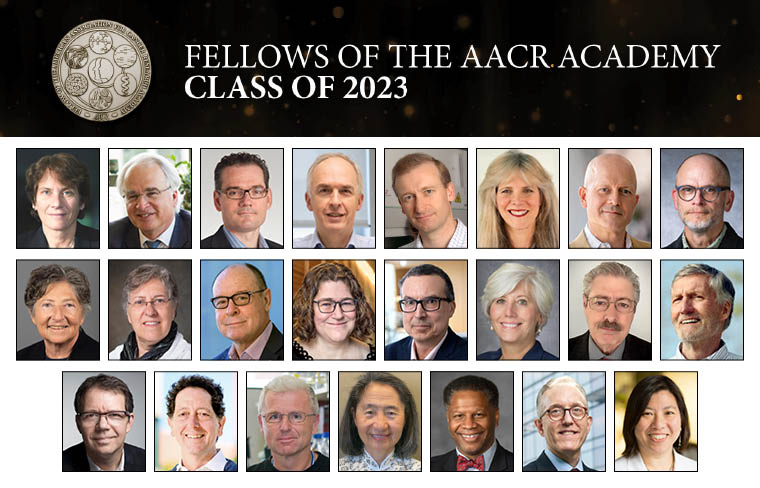
AACR Academy will welcome new class of Fellows at Annual Meeting
//
Estimated Read Time:
The AACR Academy will honor the 23 members of the 2023 class of Fellows during the Opening Ceremony on Sunday, April 16, in W Hall A2-3 at the convention center. All Fellows of the AACR Academy are nominated and elected through a rigorous assessment of each candidate’s scientific accomplishments in cancer research and cancer-related sciences. Only individuals whose work has had a significant and enduring impact on cancer research are considered for election and induction into the AACR Academy.
Members of the 2023 class of Fellows of the AACR Academy are:
Carolyn R. Bertozzi, PhD
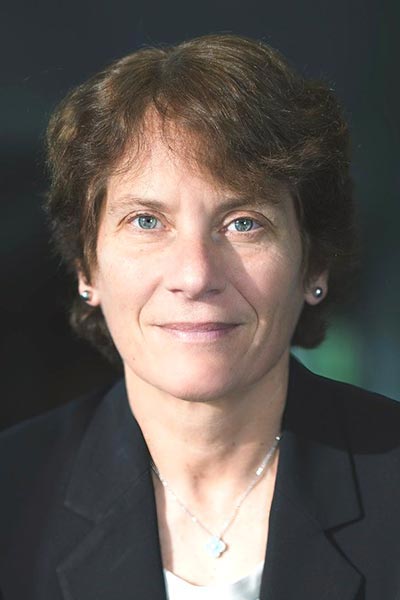
Baker Family Director of Stanford ChEM-H, Anne T. and Robert M. Bass Professor in the School of Humanities and Sciences, and Professor, by courtesy, of Chemical and Systems Biology and of Radiology, Stanford University, Stanford, California
Scientific Area of Expertise: Chemical Biology, Glycoscience, Immunology
For visionary contributions to the Nobel Prize-winning development of bioorthogonal chemistry, profiling alterations in cell-surface glycosylation associated with cancer, inflammation, and bacterial infection, and for spearheading the development of novel therapeutic modalities for immuno-oncology.
Stephen J. Chanock, MD
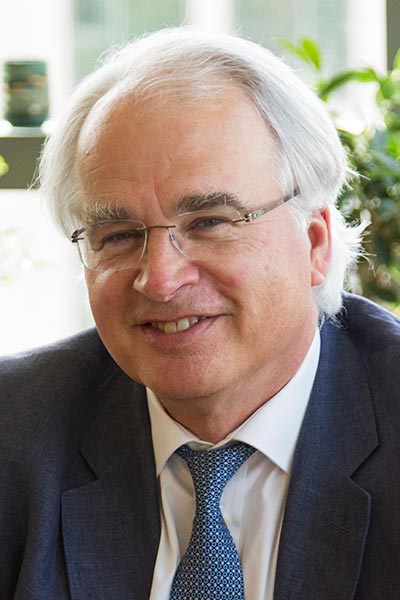
Director, Division of Cancer Epidemiology and Genetics, National Cancer Institute, Bethesda, Maryland
Scientific Area of Expertise: Cancer Epidemiology, Cancer Genomics, Genetic Susceptibility to Cancer
For pioneering efforts dedicated to defining detectable clonal mosaicism and for impactful research focused on the discovery and characterization of cancer susceptibility regions in the human genome, directly enhancing our understanding of the association between inherited genetic variants and cancer risk.
George Coukos, MD, PhD
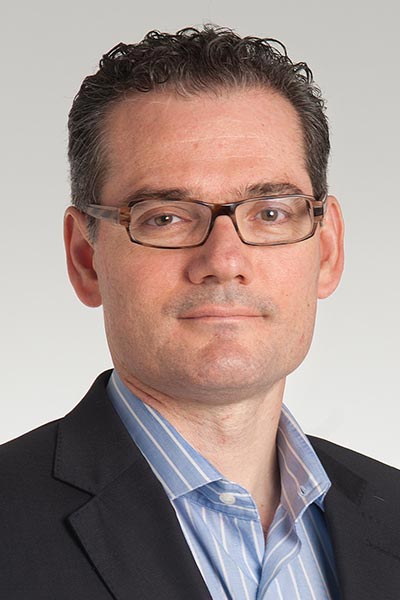
Director, Department of Oncology, University Hospitals of Lausanne; Director, Lausanne Branch, Ludwig Institute for Cancer Research, Lausanne, Switzerland
Scientific Area of Expertise: Cancer Immunotherapy, T-Cell Engineering, Ovarian Cancer
For seminal contributions to characterizing the occurrence of spontaneous immune responses in ovarian tumors, for demonstrating that tumor-infiltrating lymphocytes may function as strong predictors of enhanced ovarian cancer survival, and for designing and implementing critical immunotherapy clinical trials.
Hugues de Thé, MD, PhD
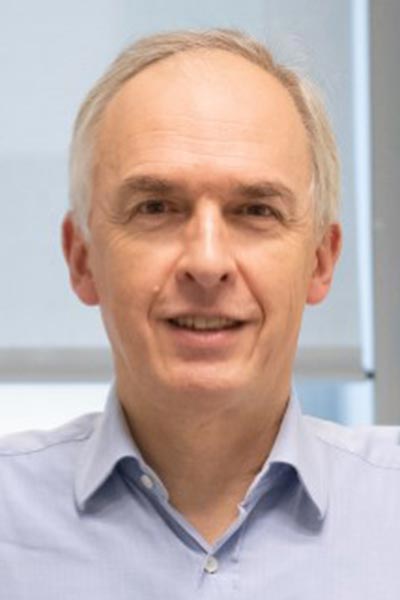
Professor and Chair, Department of Molecular and Cellular Oncology, Collège de France, Paris, France
Scientific Area of Expertise: Cell Biology, Leukemia, Modeling Cancer Therapy
For unparalleled investigations into identifying the molecular drivers of promyelocytic leukemia and developing targeted and curative treatments involving retinoic acid and arsenic that have radically transformed the clinical management of this disease.
Julian Downward, PhD
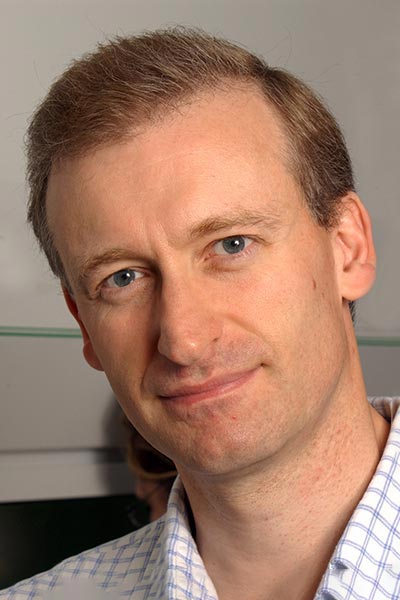
Principal Group Leader and Associate Research Director, The Francis Crick Institute, London, United Kingdom
Scientific Area of Expertise: Immunotherapy, Oncogenes, Signaling
For pioneering research leading to the discovery of the epithelial growth factor receptor as the ErbB oncogene product, paving the way for the development of drugs targeting EGFR and ErbB2/HER2 in lung, colon, and breast cancers, and for defining RAS/RAF and RAS/PI3K signaling pathways as critical drivers of cancer cell growth.
Laura J. Esserman, MD, MBA
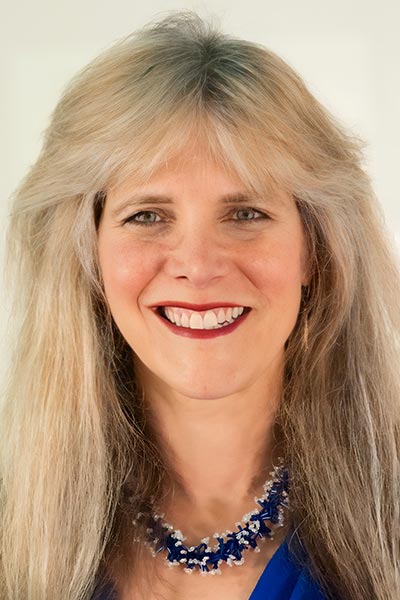
Alfred A. de Lorimier Endowed Chair in General Surgery and Professor, Departments of Surgery and Radiology, University of California, San Francisco (UCSF); Director, UCSF Breast Care Center; Co-leader, Breast Oncology Program, UCSF Helen Diller Family Comprehensive Cancer Center, University of California, San Francisco, California
Scientific Area of Expertise: Breast Cancer Biomarkers, Integration of Care and Research, Novel Trial Design
For steadfast commitment to breast cancer research and for her pivotal role as the architect of the ATHENA Breast Health Network that gave rise to the WISDOM study, a trial of annual versus personalized screening and prevention that has enrolled more than 50,000 women. And for the I-SPY2 adaptive neoadjuvant platform trial for women with stage 2/3 breast cancer that is the longest running platform trial in cancer, resulting in testing 24 agent combinations over 12 years, and the development of new and improved methods to classify tumor subtypes and determine optimal treatment escalation and/or de-escalation.
Keith T. Flaherty, MD
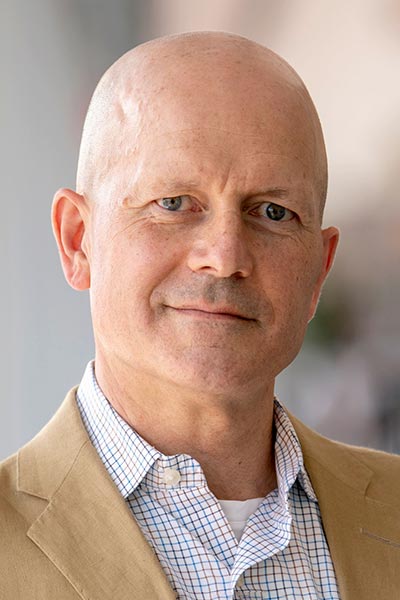
Professor of Medicine, Harvard Medical School; Director of Clinical Research, Dana-Farber/Harvard Cancer Center, Massachusetts General Hospital, Boston, Massachusetts
Scientific Area of Expertise: MAP Kinase Pathway Targeted Therapies, Oncology Drug Development, Therapeutic Resistance
For groundbreaking translational discoveries and seminal contributions to the development of vemurafenib and other therapeutic agents for the treatment of melanoma, translating investigations of the BRAF V600E somatic mutation in cancer into effective therapies, including the FDA-approved, five-drug series for melanoma.
Andy Futreal, PhD
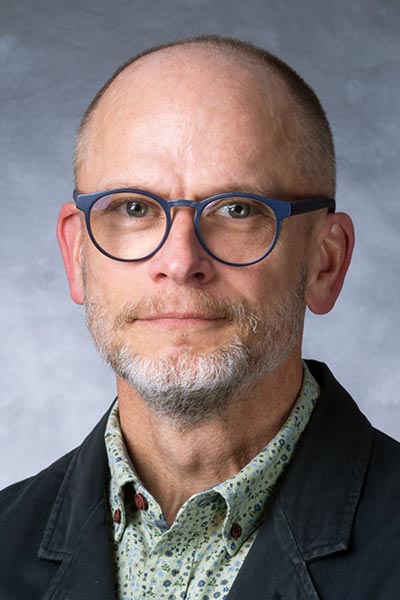
Professor and Chair, Department of Genomic Medicine, Division of Cancer Medicine; Vice President, Strategic Translational Programs Sheikh Mohamed Bin Zayed Al Nahyan Distinguished University Chair in Cancer Research; Professor and Chair, Department of Genomic Medicine, Division of Cancer Medicine, The University of Texas MD Anderson Cancer Center, Houston, Texas
Scientific Area of Expertise: Cancer Evolution, Cancer Genetics, Genomics
For unrivaled research efforts involving large-scale systematic cancer genomics leading to the identification of breast and ovarian cancer susceptibility genes and multiple human cancer genes, notably the landmark discovery of BRAF mutations in melanoma, leading to the development and rapid approval of the first effective targeted therapy for advanced melanoma.
Judy Lieberman, MD, PhD
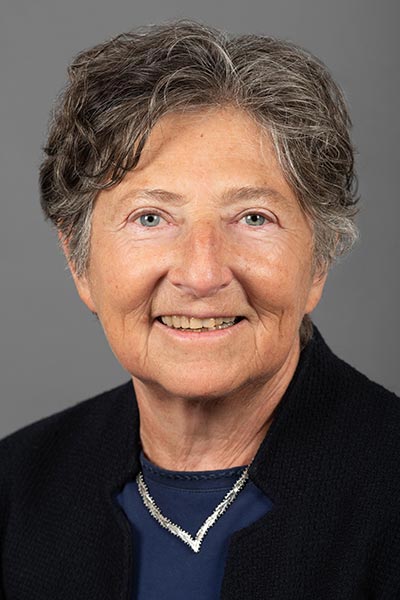
Professor of Pediatrics, Harvard Medical School; Endowed Chair in Cellular and Molecular Medicine, Boston Children’s Hospital, Boston, Massachusetts
Scientific Area of Expertise: Cytotoxic T lymphocytes, Innate immunity, Noncoding RNA Structure and Function
For fundamental research contributions in the field of cancer immunology that have contributed to understanding cytotoxic T lymphocytes, key effector cells in anti-tumor immunity; the discovery of T cell exhaustion in humans; and for her innovative work describing the molecular basis of inflammatory cell death (pyroptosis) that is immunogenic and may be exploited to enhance anti-tumor immunity.
Patricia M. LoRusso, DO, PhD (hc)
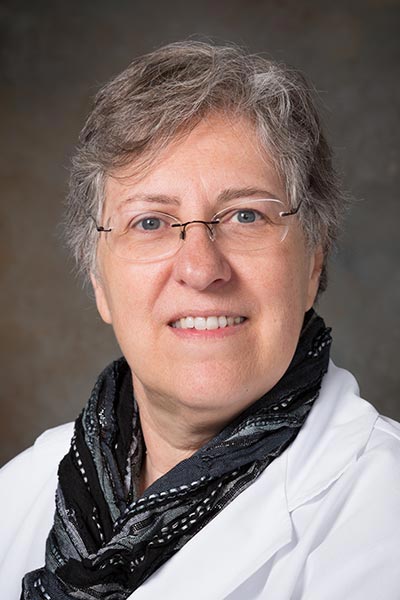
Professor of Medicine (Medical Oncology), Chief of Experimental Therapeutics, Professor of Medicine, Associate Cancer Center Director, Experimental Therapeutics, Yale University School of Medicine, New Haven, Connecticut
For unrivaled clinical cancer research and patient advocacy contributions, expert design and execution of innovative, early-phase clinical trials, and for improving therapeutic outcomes to not only reduce mortality rates but also to enhance the quality of life of cancer patients.
Luis F. Parada, PhD
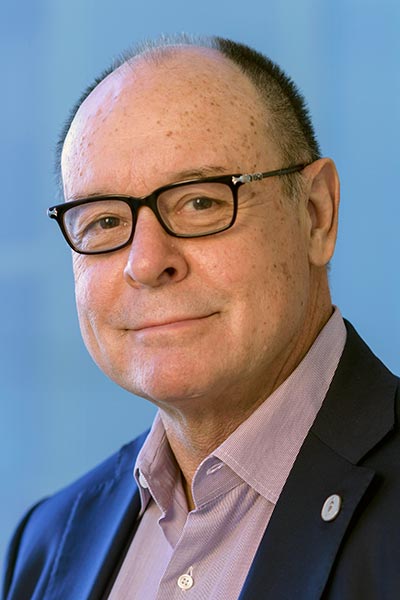
Director, Brain Tumor Center; Member, Cancer Biology and Genetics Program; Albert C. Foster Chair; American Cancer Society Research Professor, Memorial Sloan Kettering Cancer Center, New York, New York
Scientific Area of Expertise: Cancer Stem Cells, Mouse Models, Neurofibromatosis
For illuminating research contributions involving the integration of molecular genetics, embryonic development, and signal transduction to understand nervous system tumors, and for pioneering the development of mouse models specifically designed for the investigation and development of glioblastoma multiforme therapies.
Dana Pe’er, PhD
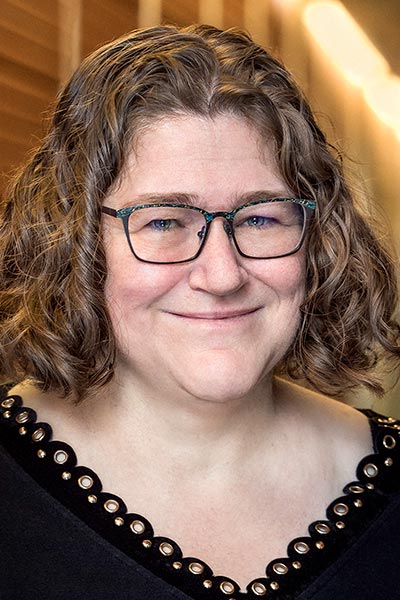
Chair and Professor, Computational and Systems Biology Program; Scientific Director, Alan and Sandra Gerry Metastasis & Tumor Ecosystems Center, Sloan Kettering Institute, Memorial Sloan Kettering Cancer Center, New York, New York; Investigator, Howard Hughes Medical Institute, Chevy Chase, Maryland
Scientific Area of Expertise: Cancer Genomics, Computational Biology, Single Cell Genomics
For fundamental contributions to the development of computational methods and algorithms that, when combined with high-throughput experimental techniques, have provided key insights into the impact of genetic aberrations on molecular networks responsible for the onset and progression of various cancer malignancies.
Charles M. Perou, PhD
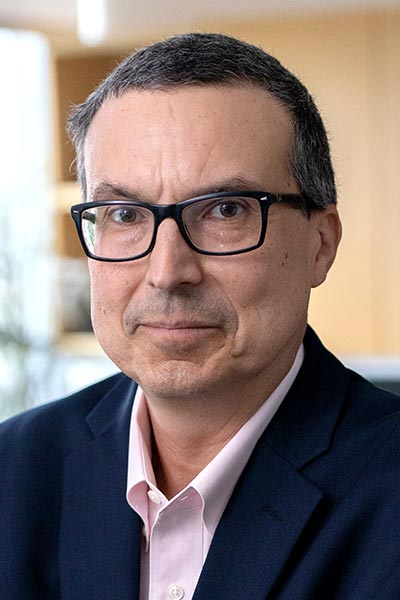
The May Goldman Shaw Distinguished Professor of Molecular Oncology; Co-Director of the Computational Medicine Program; Co-Director of the UNC Lineberger Breast Cancer Research Program; Professor, Department of Genetics, University of North Carolina, Lineberger Comprehensive Cancer Center, Chapel Hill, North Carolina
Scientific Area of Expertise: Breast Cancer Research, Clinical Trials, Genomics
For lauded research contributions that have led to the identification of intrinsic breast cancer subtypes, including the basal-like/triple-negative breast cancer subtype, and for the development of clinical diagnostic tests now widely used to stratify breast cancer patients based on the molecular characteristics of their tumors.
Helen Piwnica-Worms, PhD
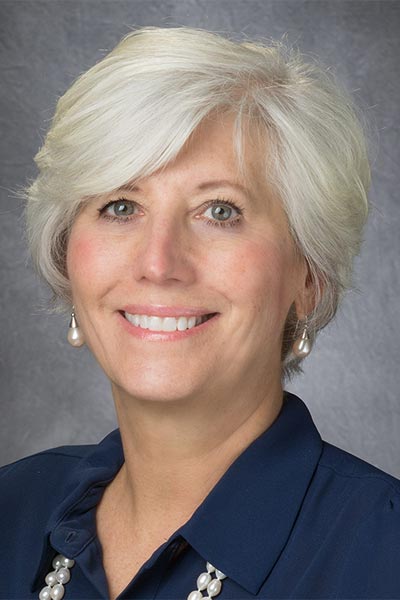
Professor of Experimental Radiation Oncology, Department of Experimental Radiation Oncology, MD Anderson Cancer Center; Senator A.M. Aikin Jr. Distinguished Chair, The University of Texas MD Anderson Cancer Center, Houston, Texas; American Cancer Society Research Professor
Scientific Area of Expertise: Cell Cycle Checkpoints, Cell Cycle Control, Triple Negative Breast Cancer
For celebrated efforts dedicated to the identification of protein kinases and phosphatases that regulate CDK1, the discovery that Wee1 directly phosphorylates and inhibits CDK1, revealing that CHK1 can be targeted by the synthetic derivative of staurosporine, UCN-01, and for the discovery of signaling pathways involving 14-3-3 proteins responsible for cell cycle checkpoint control.
Thomas M. Roberts, PhD
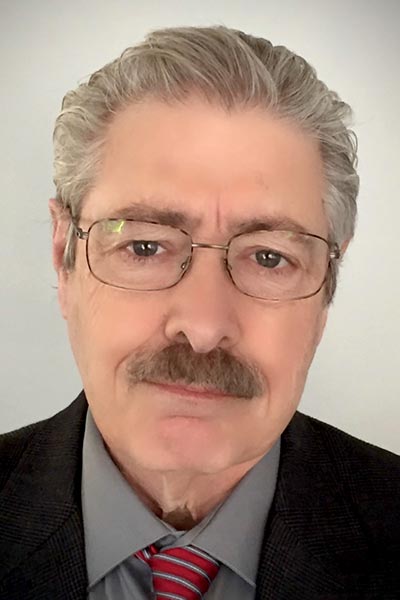
Professor of Biological Chemistry and Molecular Pharmacology, Harvard Medical School; Professor, Department of Cancer Biology, Dana-Farber Cancer Institute, Boston, Massachusetts
Scientific Area of Expertise: Drug Development, PI3 Kinase Signaling, Tyrosine Kinase Signaling
For instrumental contributions to elucidating the tyrosine kinase signaling pathways critical for tumorigenesis, with particular emphasis on PI3K, and for ushering in the age of precision medicine through fundamental discoveries of signaling mechanisms capable of regulating cell growth, knowledge that has been subsequently applied to the development of transformative cancer therapies.
Erkki Ruoslahti, MD, PhD
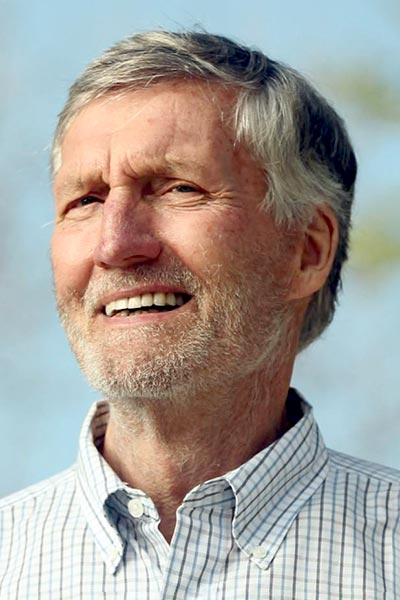
Distinguished Professor Emeritus, Sanford Burnham Prebys Medical Discovery Institute, La Jolla, California
Scientific Area of Expertise: Cancer Biology, Extracellular Matrix and Cell Adhesion, Vascular Biology
For paramount discoveries involving the mechanisms of cellular adhesion, the co-discovery of fibronectin, discovery of the fibronectin RGD cell attachment sequence, homing peptides and tumor-penetrating peptides, and the development of therapeutics for vascular thrombosis and cancer.
Michel Sadelain, MD, PhD
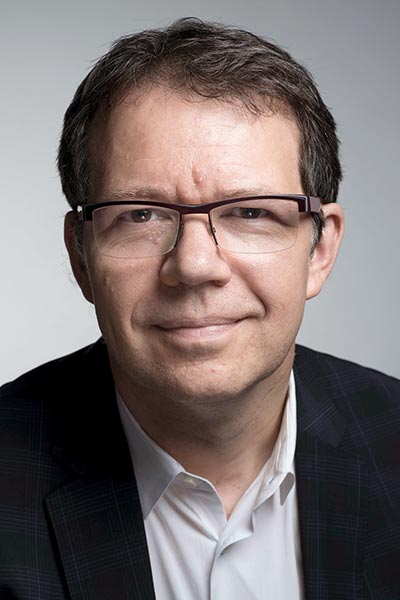
Stephen and Barbara Friedman Chair; Director, Center for Cell Engineering, Memorial Sloan Kettering Cancer Center, New York, New York
Scientific Area of Expertise: Cell Therapies, Genetic Engineering, T cell and Tumor Immunology
For unparalleled contributions to the conceptualization and optimization of chimeric antigen receptor (CAR) T cells, including engineering CARs that provide enhanced proliferation, survival, and potency to T cells, identifying CD19 as a target for CAR therapy, and designing CD19 CAR therapies for patients with relapsed, refractory acute lymphoblastic leukemia.
Kevan M. Shokat, PhD
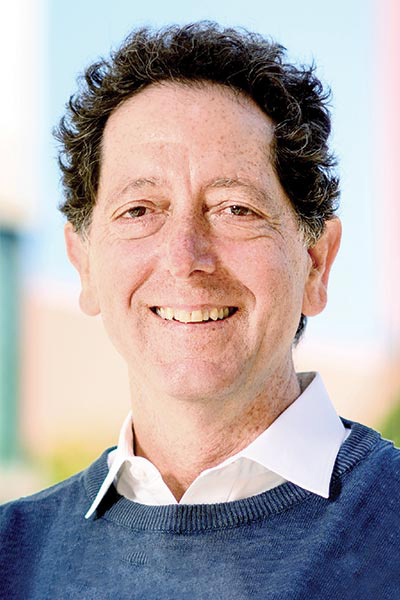
Professor and Vice-Chair, Department of Cellular and Molecular Pharmacology, University of California, San Francisco; Investigator, Howard Hughes Medical Institute, Chevy Chase, Maryland; Professor of Chemistry, University of California, Berkeley, California
Scientific Area of Expertise: Chemical Biology, Growth Factor Signaling, KRAS Drug Discovery
For revolutionary discoveries in the field of chemical genetics, including pioneering work to develop the first covalent inhibitors of KRAS G12C capable of therapeutically targeting a once-undruggable oncogene, leading to clinical trials involving various cohorts of colon and pancreas cancer patients, and importantly expanding the armamentarium of available agents to combat cancer.
Andreas Strasser, PhD
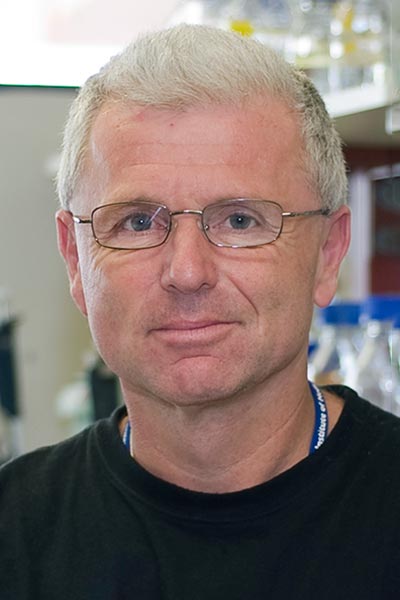
Head, Division of Blood Cells and Blood Cancer, Walter & Eliza Hall Institute of Medical Research, Parkville, Victoria, Australia
Scientific Area of Expertise: Cancer, Cell Death Mechanisms, p53 Biology
For trailblazing research devoted to identifying connections between apoptosis, autoimmunity, and cancer, including genetic studies that established BCL-2-related BH3-only proteins as being vital for inducing mitochondrial apoptosis, and for demonstrating that dysregulation of apoptosis can lead to cancer, autoimmune disease, and impaired therapeutic responses in malignant cancer cells.
Jean Y. J. Wang, PhD
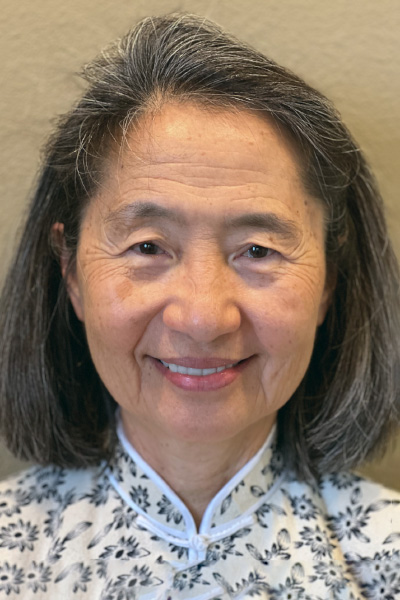
Distinguished Professor Emeritus, Department of Medicine and Biology, University of California, San Diego School of Medicine, La Jolla, California
Scientific Area of Expertise: Cell Fate Decision, DNA Damage Response, Signal Transduction
For critical research that has been vital to elucidating the mechanisms by which cells respond to various intracellular and extracellular stimuli, including how cancer cells manage to evade such signals to avoid cell death, and for efforts to define the various cellular functions of the c-Abl tyrosine kinase proto-oncogene and the retinoblastoma tumor suppressor protein.
Robert A. Winn, MD
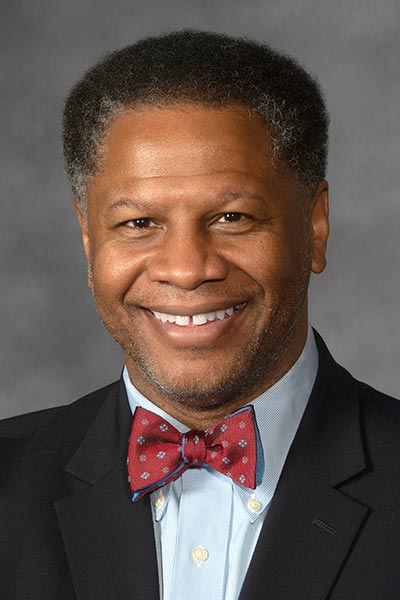
Director; Lipman Chair in Oncology, Virginia Commonwealth University Massey Cancer Center; Senior Associate Dean, Cancer Innovation; Professor, Pulmonary Disease and Critical Care Medicine, Virginia Commonwealth University School of Medicine, Richmond, Virginia
Scientific Area of Expertise: Cancer and Health Disparities, Cellular Senescence, Population Sciences
For heralded contributions to lung cancer research, cancer and health disparities, and community-based health care, including characterizing the molecular mechanisms that drive cellular proliferation and the role of senescence in lung cancer, and for dedicated efforts to championing health equity and access to care among underserved high-risk cancer populations.
Jedd Wolchok, MD, PhD
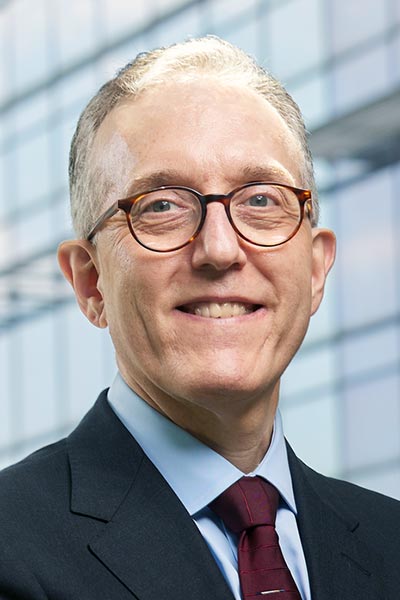
Director, Sandra and Edward Meyer Cancer Center, Weill Cornell Medicine; Professor of Medicine, Weill Medical College of Cornell University, New York, New York
Scientific Area of Expertise: Clinical Oncology, Immunotherapy, Tumor Immunology
For illustrious contributions to pioneering novel cancer immunotherapy strategies, including demonstrating the benefits of checkpoint inhibitor therapy in melanoma, leading several pivotal clinical trials, including the phase I clinical trial for ipilimumab and the phase III clinical trial involving the combination of ipilimumab and nivolumab.
Catherine J. Wu, MD
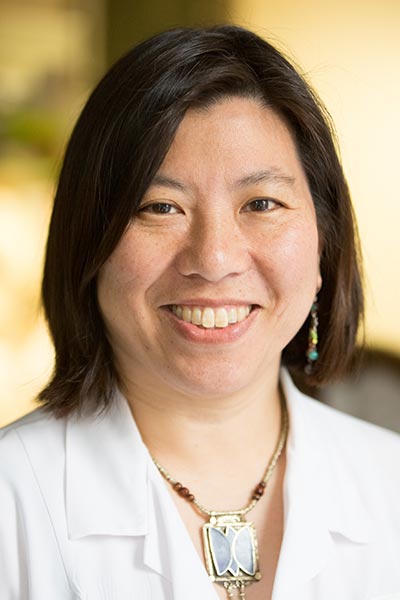
Professor of Medicine, Dana-Farber Cancer Institute and Harvard Medical School; Chief, Division of Stem Cell Transplantation and Cellular Therapies, Dana-Farber Cancer Institute; Institute Member, Broad Institute of Massachusetts Institute of Technology and Harvard University, Boston, Massachusetts
Scientific Area of Expertise: Cancer Vaccines, Chronic Lymphocytic Leukemia, Immunogenomics
For groundbreaking discoveries involving immunogenic antigen targets, developing genomic-guided immunotherapy and neoantigen-targeting cancer vaccines, and translating these research findings into early-phase clinical trials designed to ascertain the clinical viability of personalized tumor vaccines in melanoma and glioblastoma patients.




